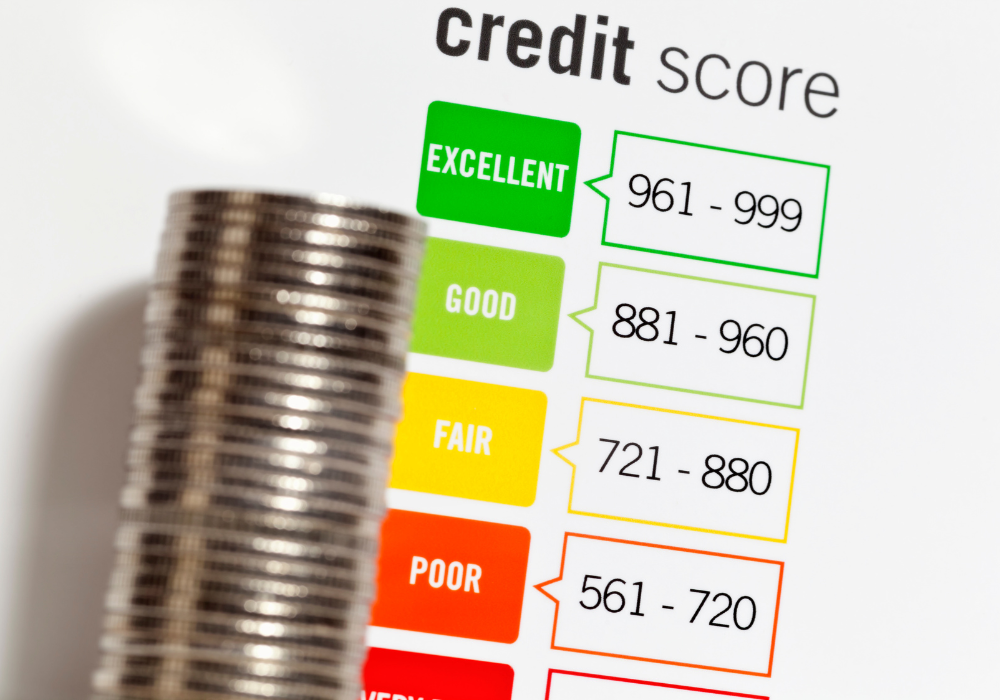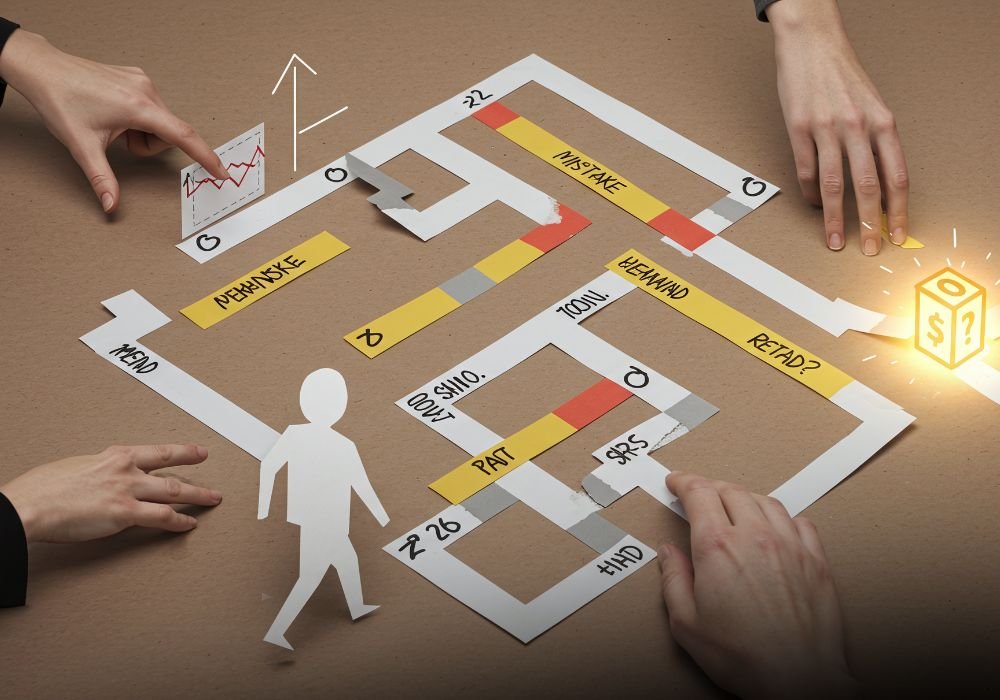Managing your money can feel overwhelming, especially if you’re just starting out. Maybe you’re fresh out of school, juggling student loans, or trying to live on a tight budget. Or perhaps your income doesn’t stretch as far as you’d like, and unexpected expenses keep popping up. That’s perfectly normal, and you’re far from alone.
The good news is that you don’t need to be a financial expert to take control of your finances. With some clear steps, a bit of patience, and smart habits, anyone can get on the right track. Taking charge of your money today means secure your financial future—no matter where you live or what your income looks like
Understand Where You Stand
Before you make any big financial decisions, take a clear look at your current situation. How much money do you bring in each month after taxes? What are your essential expenses like rent, food, and bills? And where do you spend money that might not be necessary?
This honest check-up helps you see where your money goes and what you can change. From there, set realistic goals. Maybe you want to save for a trip, pay off debt, or build an emergency fund. Setting goals gives you focus and motivation… It’s a key part of how you build a strong financial foundation.
The Power of Compound Interest
Compound interest might sound complicated, but it’s just interest earned on your interest. Think of it as money making money. This works both ways—on savings and on debts.
For example, if you put $1,000 in a savings account earning 3% interest yearly, you’ll earn interest not only on the original $1,000 but also on the interest added each year. Over time, that grows your savings without any extra effort.
Unfortunately, compound interest also applies to debt, like credit cards and loans, and usually at higher rates. If you only make minimum payments on a credit card, the debt can grow quickly, costing you much more than the original amount. Understanding how compound interest works can help you decide whether to pay down debt faster or start saving.
Pay Off Debt and Build a Safety Net
High-interest debt, especially credit card balances, can be a heavy burden. The sooner you pay off these debts, the less interest you’ll owe. Try to make more than the minimum payment when you can, and keep track of your progress. Even small extra payments help reduce your balance faster.
At the same time, start building an emergency fund. Life throws surprises—like a car repair, medical bill, or unexpected travel. Having a stash of money saved up can keep you from relying on credit cards or loans in a pinch.
A good goal is to save enough to cover three to six months of living expenses. If that seems too much, start small. Even a few hundred dollars set aside regularly can grow over time and give you peace of mind.
Start Saving for Retirement Early
Retirement might feel far away, especially if you’re young, but the earlier you start saving, the better off you’ll be. Thanks to compound interest, money you save now can grow significantly by the time you retire.
If your employer offers a retirement savings plan, like a 401(k) or similar, try to contribute as much as you can, especially if they match your contributions. That’s essentially free money.
If you don’t have access to an employer plan, consider opening an individual retirement account (IRA) or similar account available in your country. These accounts often have tax benefits, which can help you save more effectively.
Investing Isn’t Just for the Wealthy
Many people think investing is only for those with lots of money, but that’s not true. Starting to invest with small amounts is possible and can be a smart way to grow your wealth faster than a regular savings account.
There are many apps and online platforms making investing easier and more affordable than ever. Before you invest, learn how it works. Understand the risks involved and how investing fits with your financial goals.
Diversifying your investments—spreading money across different types of assets like stocks, bonds, or real estate—can help reduce risks. Remember, investments can lose value sometimes, so it’s important to be prepared for ups and downs.
Live Within Your Means and Make Smart Choices
It’s tempting to upgrade your lifestyle as your income grows, but trying to keep up with others can hurt your finances. Make choices that fit your budget. This might mean living in a smaller place, sharing housing, or cutting back on dining out.
When you need to make big purchases like a car or electronics, take your time. Compare options, prices, and financing deals before buying. Avoid impulse purchases by giving yourself a waiting period to decide.
Saving money on everyday things adds up. Try buying secondhand or discounted items, cook meals at home, and use public transportation if possible. These small steps help you keep more of your money.
Once you understand your spending, it’s easier to build budgeting and saving habits that support your goals.
Increase Your Income If Needed
Sometimes, your income might not cover your expenses comfortably. If that happens, consider finding ways to earn extra money. This could be a part-time job, freelance work, or selling items you no longer need.
Temporary extra income can help pay down debt faster or boost your savings. Just be careful not to overwork yourself and keep a healthy balance between work and life.
Keep Learning and Adjusting
Financial management isn’t a one-time task. Your situation and goals will change over time. Keep reviewing your budget and savings, learn about new financial tools, and adjust your plans as needed.
The more you understand about money, the better decisions you can make. Reading books, following trustworthy financial blogs, or consulting with professionals can help you stay informed.
Your financial journey is uniquely yours—start with a step-by-step path to financial freedom that fits your life and goals.
Conclusion
Taking control of your personal finances is a powerful step toward a more secure and stress-free life. It doesn’t happen overnight, but by understanding your money, setting realistic goals, managing debt, saving regularly, and making thoughtful choices, you create a solid foundation for the future. Remember, even small changes can make a big difference over time.
Financial confidence comes with learning and practice, so be patient with yourself. Keep adjusting your plans as your life changes, and celebrate the progress you make along the way. Your financial journey is uniquely yours—start today with the smart money moves that fit your life and goals. You’ve got this!
FAQs
Q: How much should I save each month?
A: Aim to save at least 5-10% of your income when you start. If that feels too much, start smaller and increase your savings gradually. The key is to build a habit.
Q: What’s the best way to pay off debt?
A: Focus first on high-interest debts like credit cards. Pay more than the minimum when you can. Consider the “debt avalanche” method—paying off debts with the highest interest rates first—to save money on interest.
Q: How much emergency savings do I really need?
A: Ideally, enough to cover three to six months of your regular expenses. But any amount you can save provides a cushion for unexpected costs.
Q: Is investing risky?
A: All investments carry some risk, including the chance of losing money. Diversifying your investments and understanding your risk tolerance can help manage those risks.
Q: Can I start investing with very little money?
A: Yes. Many platforms allow you to start with small amounts. Educate yourself first, and consider low-cost index funds or ETFs as a beginner-friendly option.










